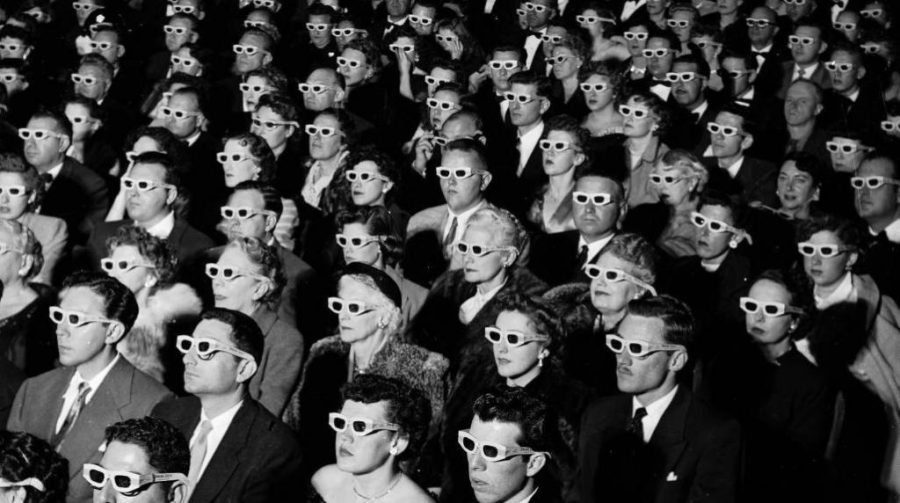By Grace Westling
Blog Post #1: Class #2- From Mass Media to Mass Culture
The relationship between media, society, and capitalism has long been a subject of critical thought, with thinkers like Karl Marx offering foundational critiques. Marx, a key figure in the communist movement, argued that capitalist systems treated workers as disposable commodities, exploiting their labour while alienating them from the products they created. His critiques laid the groundwork for later scholars such as Max Horkheimer and Theodor Adorno, who extended Marxist theories to analyse the media’s role in modern society. Through their concept of the┬Āculture industry, they argued that mass entertainment not only manipulated society but their political views as well. Thinkers like Walter Benjamin and Siegfried Kracauer further explored how media’s easy reproducibility decreased the authenticity of art and didn’t create the need for deep thinking, ultimately leading to the oversimplification of important social and political issues.
Karl Marx made significant observations about media and society, rooted in his critique of capitalism. As a founder of the communist movement, he advocated for a classless society in his┬Ā“Communist Manifesto”┬Āand opposed consumerism, believing that workers were treated as replaceable commodities. These workers couldnŌĆÖt afford the products they made or determine the value of their labour.
In 1924,┬ĀMax Horkheimer┬Āfounded the Frankfurt Institute for Social Research, studying capitalist economies and labor movements. Like Marx, Horkheimer criticised capitalist domination, particularly by factory owners over workers. He extended Marxist theories to media, arguing that it now dominated and manipulated society.
Horkheimer and Theodor Adorno introduced the concept of the culture industry, claiming mass entertainment disillusioned the public and manipulated societal views, especially during crises like war. The desire for authentic experience diminished as people passively consumed media.
The ideas of┬ĀWalter Benjamin┬Āand┬ĀSiegfried Kracauer┬Āon the “loss of aura” reflected concerns over artŌĆÖs mass reproduction, particularly in cinema. As art became easier to reproduce, media became more distracting, leading to shallow consumption. This passive engagement allowed for the┬Āpoliticisation┬Āof social issues, where important matters were oversimplified and glossed over.
What seems more prevalent is the loss of authenticity, or “aura.” Many, including myself, spend hours scrolling through TikTok, consuming repetitive, mindless content. Though targeted, the videos lack originality, with creators recycling the same trends and music.
Additionally, Meta, the parent company of Facebook and Instagram, plans to limit political content on user feeds starting in March 2024, confusing many given the upcoming U.S. Presidential Election. This highlights how major platforms control critical thinking or its absence.
https://www.npr.org/2024/03/26/1240737627/meta-limit-political-content-instagram-facebook-opt-out use this link to read about Meta’s decision.


I really like your take on Marxist theories and the way in which the media is squashing our sense of individuality because of the high volume of conent being produced. I have actually never thought about it that way as I am constantly scrolling on some sort of social media and do sometimes find myself getting bored as a lot of the content is very similar, so I think it is really interesting the way you have made the connection between Benjamin and Kracauer’s ‘loss of aura’ theory and the use of social media as a way to display the theory.
You effectively combine Marx, Adorno, Horkeimer, and Benjamin in your theory analysis. It is insightful and grounded well in the theories. Your use of TikTok and Meta as examples are excellent choices in the sphere of media. A suggestion I have, to strengthen your arguments, would be to provide deeper research into how commodification has affected politics on social media or provide opposing opinions to social media’s role in activism with the realities of repetitive and mindless consumer culture.